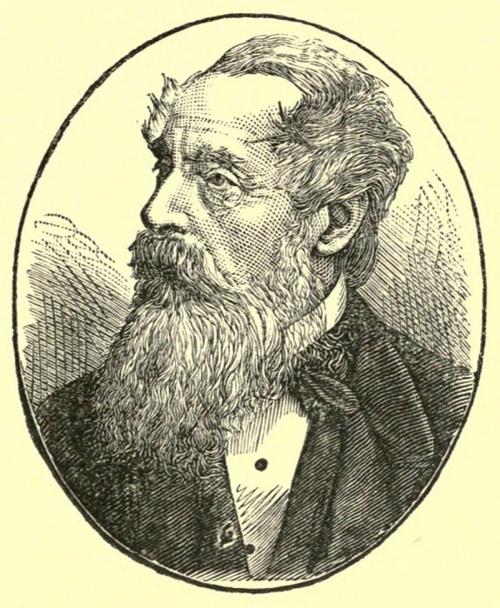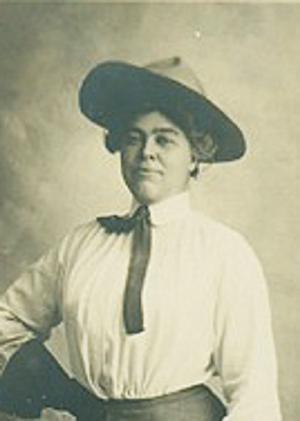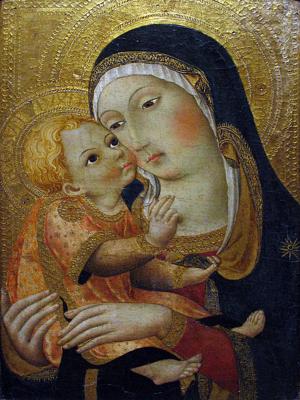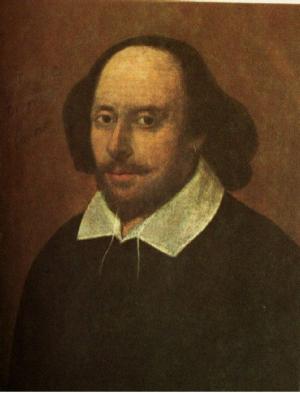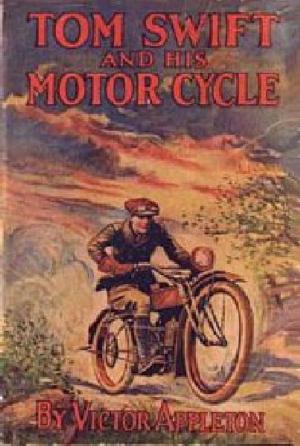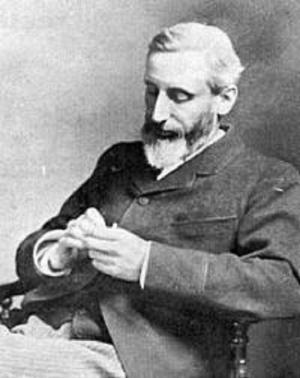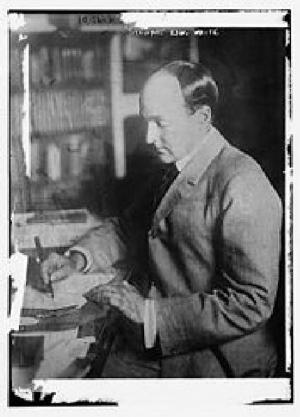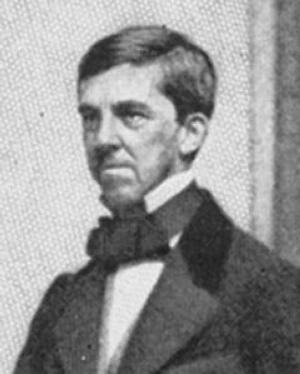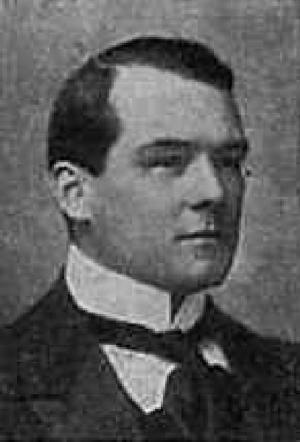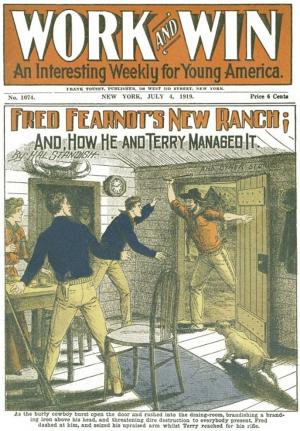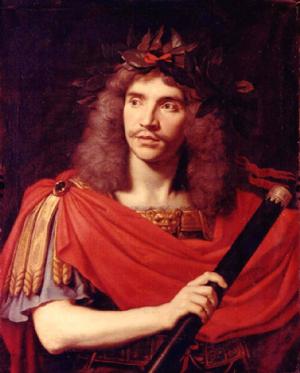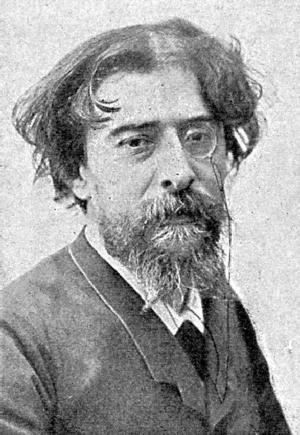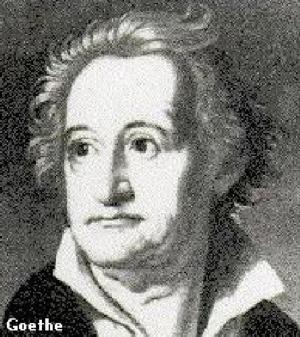Roger Willoughby, a Story of the Times of Benbow
Fiction & Literature, Classics, Kids, Teen, General Fiction, Fiction| Author: | Kingston, W.H.G. | ISBN: | 9781455386567 |
| Publisher: | B&R Samizdat Express | Publication: | June 10, 2015 |
| Imprint: | Quench Editions | Language: | English |
| Author: | Kingston, W.H.G. |
| ISBN: | 9781455386567 |
| Publisher: | B&R Samizdat Express |
| Publication: | June 10, 2015 |
| Imprint: | Quench Editions |
| Language: | English |
Sadly, this was the last book Kingston wrote. He was diagnosed with a rapid fatal illness while he was writing it, and he used the opportunity of bidding his young readers farewell in the Preface. There is a lot of action in the book, from encounters with the Barbary Pirates in what is now called Morocco, to military goings-on in Somerset and Dorset, to trials by Jeffreys, the Chief Justice (or Injustice might be a better name). It's just a little bit confusing! An example of how confusing is that there's a ship called Benbow, and a couple of chaps of that name as well. We have tried to sort out some inconsistencies in spelling, for example Axminster and Axeminster, Tregellen and Treleggen, but I think few of us would do any better if we were trying to finish a book in the few remaining days of our life. According to Wikipedia: "William Henry Giles Kingston (28 February 1814 - 5 August 1880), writer of tales for boys, was born in London, but spent much of his youth in Oporto, where his father was a merchant. His first book, The Circassian Chief, appeared in 1844. His first book for boys, Peter the Whaler, was published in 1851, and had such success that he retired from business and devoted himself entirely to the production of this kind of literature, in which his popularity was deservedly great; and during 30 years he wrote upwards of 130 tales, including The Three Midshipmen (1862), The Three Lieutenants (1874), The Three Commanders (1875), The Three Admirals (1877), Digby Heathcote, etc. He also conducted various papers, including The Colonist, and Colonial Magazine and East India Review. He was also interested in emigration, volunteering, and various philanthropic schemes. For services in negotiating a commercial treaty with Portugal he received a Portuguese knighthood, and for his literary labours a Government pension."
Sadly, this was the last book Kingston wrote. He was diagnosed with a rapid fatal illness while he was writing it, and he used the opportunity of bidding his young readers farewell in the Preface. There is a lot of action in the book, from encounters with the Barbary Pirates in what is now called Morocco, to military goings-on in Somerset and Dorset, to trials by Jeffreys, the Chief Justice (or Injustice might be a better name). It's just a little bit confusing! An example of how confusing is that there's a ship called Benbow, and a couple of chaps of that name as well. We have tried to sort out some inconsistencies in spelling, for example Axminster and Axeminster, Tregellen and Treleggen, but I think few of us would do any better if we were trying to finish a book in the few remaining days of our life. According to Wikipedia: "William Henry Giles Kingston (28 February 1814 - 5 August 1880), writer of tales for boys, was born in London, but spent much of his youth in Oporto, where his father was a merchant. His first book, The Circassian Chief, appeared in 1844. His first book for boys, Peter the Whaler, was published in 1851, and had such success that he retired from business and devoted himself entirely to the production of this kind of literature, in which his popularity was deservedly great; and during 30 years he wrote upwards of 130 tales, including The Three Midshipmen (1862), The Three Lieutenants (1874), The Three Commanders (1875), The Three Admirals (1877), Digby Heathcote, etc. He also conducted various papers, including The Colonist, and Colonial Magazine and East India Review. He was also interested in emigration, volunteering, and various philanthropic schemes. For services in negotiating a commercial treaty with Portugal he received a Portuguese knighthood, and for his literary labours a Government pension."
